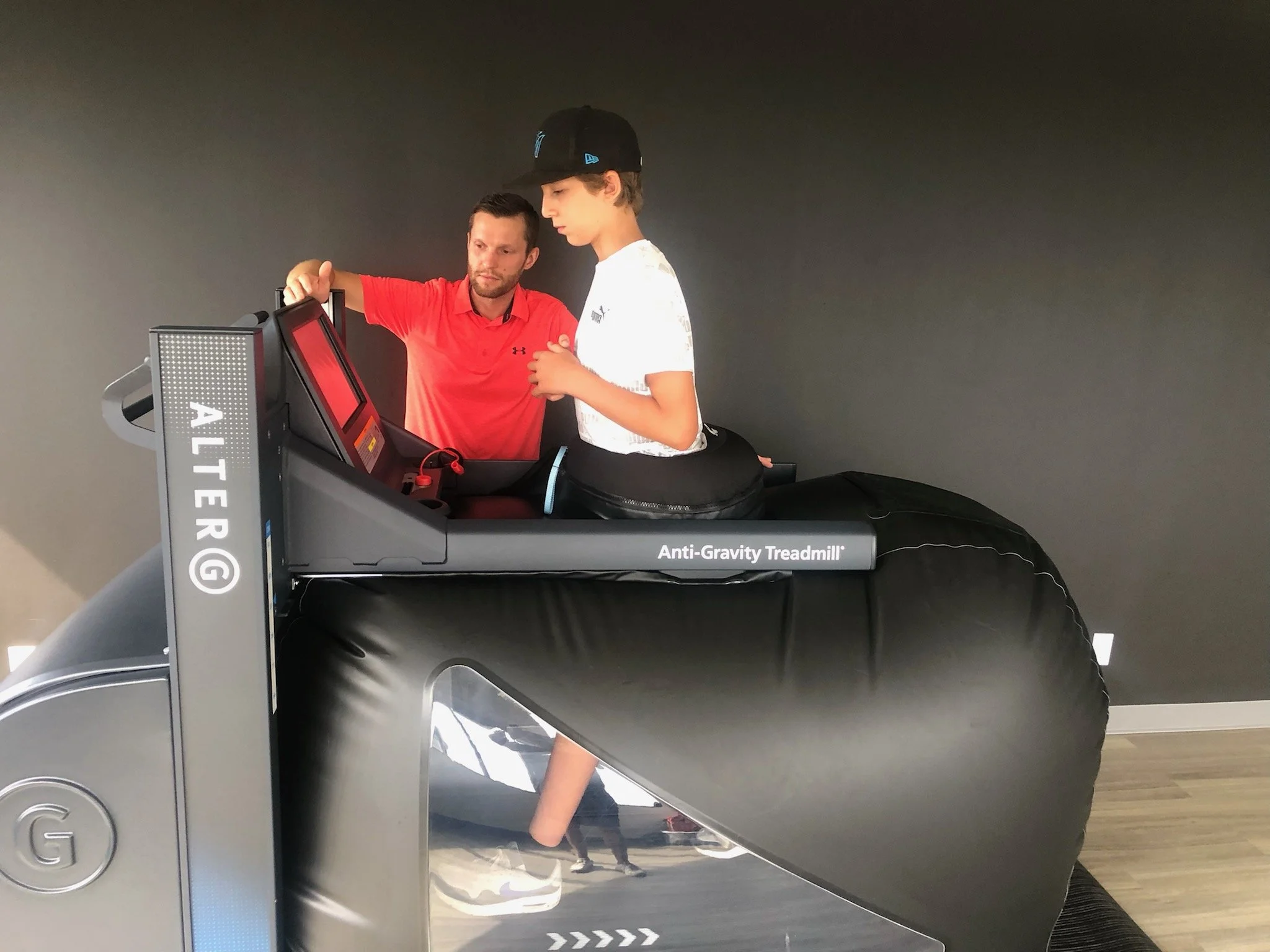The Hidden Cost of Early Specialization in Youth Sports
It’s becoming increasingly common to see kids train year-round for a single sport. Whether it’s hockey, soccer, gymnastics, or baseball, the push to specialize early often comes from a good place as parents want to give their children the best chance to succeed. The logic seems simple: more hours equals more progress.
But in reality, early specialization can come with hidden costs. From burnout to overuse injuries, focusing on one sport too soon can actually hold athletes back in the long run.
At Elevate Rehabilitation in Oakville, we see firsthand the effects of early specialization: young athletes who love their sport but are struggling with chronic pain, fatigue, or loss of motivation. Understanding the risks and benefits can help parents and coaches make better-informed decisions about long-term development.
What Is Early Specialization?
Early specialization means committing to one sport before adolescence and often training year-round with limited rest or cross-training. While this can improve short-term skill development, it also limits the body’s exposure to a variety of movements and environments.
Without movement variety, athletes often develop muscle imbalances, repetitive stress, and inefficient mechanics. The body becomes strong in certain patterns but weak in others, and that imbalance can lead to pain or injury down the road.
The Physical Toll: Overuse and Imbalance
Repetition builds skill, but too much repetition creates stress. When the same motions are performed thousands of times, the same tissues are overloaded again and again.
In growing athletes, this often leads to injuries such as:
Tendinitis in the knees, elbows, or shoulders
Stress fractures from repetitive impact
Muscle imbalances affecting posture and mechanics
Because young athletes are still developing, their bones, tendons, and ligaments are more vulnerable. Load management and variety aren’t just helpful, they’re essential for safe development.
The Mental Side: Burnout and Pressure
Physical strain is one part of the equation; mental fatigue is the other.
When kids train year-round without a break, sport can start to feel more like a job than a passion. They may experience:
A loss of motivation or enjoyment
Anxiety around performance
Frustration from constant comparison or pressure
Many young athletes end up dropping out of their sport entirely before they reach their peak potential. Keeping sport enjoyable and varied is one of the best ways to protect both mental and physical health.
Why Multi-Sport Participation Builds Better Athletes
Despite the trend toward early specialization, research continues to show that multi-sport athletes develop better overall athleticism. By engaging in different activities, they build a more complete set of movement skills such as agility, coordination, balance, and strength: all of which contribute to better long-term performance.
In short, a well-rounded athlete becomes a more adaptable and resilient one. Exposure to different sports reduces repetitive strain, improves body awareness, and creates stronger foundations for whichever sport they choose to pursue later.
At Elevate, we often remind families that athleticism is built by diversity, and not by repetition alone.
How Elevate Supports Young Athletes and Their Families
At Elevate Rehabilitation in Oakville, we work closely with both parents and youth athletes to build smarter, safer training habits. Our team emphasizes long-term development rather than short-term results — helping athletes enjoy sport, perform better, and stay injury-free.
Here’s how we do it:
Collaborating with local youth teams: We actively work with sports organizations in the Oakville community to educate coaches, parents, and athletes on proper training, recovery, and injury prevention.
Using force plate technology: Our force plates give us real-time, objective data on strength, balance, and asymmetries. This helps us identify movement imbalances before they become injuries — and tailor training programs to each athlete’s specific needs.
Building individualized development plans: Whether an athlete is recovering from injury or looking to enhance performance, our physiotherapists, chiropractors, and athletic therapists collaborate to guide every step of the process.
By combining advanced technology with hands-on expertise, we give athletes and their parents a clear picture of where their body stands and how to keep it performing at its best.
Supporting Long-Term Development
Parents and coaches play a major role in shaping how young athletes grow. To promote sustainable development and reduce injury risk:
Encourage rest and recovery between seasons
Include strength and mobility training in every program
Promote unstructured play and sport variety
Watch for signs of fatigue, pain, or frustration
Keep fun and growth as the main goals
These small adjustments can make a big difference in how long a child enjoys and succeeds in their sport.
Building Athletes for the Long Game
The best athletes aren’t the ones who train the hardest at age 10, they’re the ones who stay healthy, engaged, and adaptable through their teens and beyond.
At Elevate, we believe in building athletes for the long game, developing movement quality, body awareness, and a lifelong love for sport. By balancing effort with recovery and variety, we help young athletes unlock their full potential, safely and sustainably.
📍 710 Dorval Dr Unit 520, Oakville, ON
📞 (289) 835-2949
💻 https://www.elevaterehabilitation.com/

